#theguardian
Photo

Yemen: Houthi attacks on ships in response to Israel-Hamas War
99 notes
·
View notes
Text
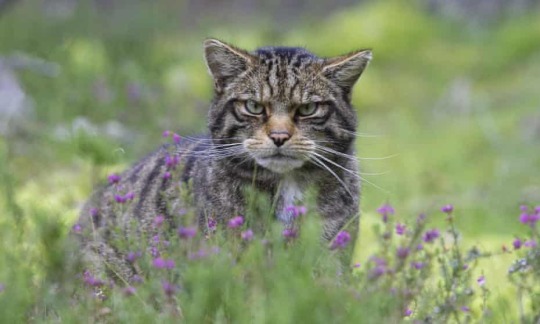
The Scottish Wildcat
“The Scottish wildcat is now one of the most critically endangered wild mammals native to the UK, according to a comprehensive analysis by the Mammal Society released earlier this week, which estimated the population at 200 but accepts that the figure may be significantly lower.”
Article by Libby Brooks, The Guardian
(Fri 15 Jun 2018)
Photo by Tony Hamblin
611 notes
·
View notes
Text
A very old organic material and a new use.
10 notes
·
View notes
Photo

Sink or Swim - Untitled Part 1 (on Wattpad) https://www.wattpad.com/1320058533-sink-or-swim-untitled-part-1?utm_source=web&utm_medium=tumblr&utm_content=share_reading&wp_uname=MaryKatieFazio&wp_originator=XlqZUKJTZ%2BhZy48ad%2FVQyEgtLtfhBrEm9r5nNp4fkQmDarge%2BQciyYWj6xH0qnCNyQ2KIPC3sIGa53ohczwBnOzhNV4VwxF2GosIHRCeHF7DcJ6Fkplt%2BrBcnW1LqnIN The reader is out enjoying a night day of sailing with her fiance, Greg, when a storm rolls in without warning. Luckily for them, the Coast Guard's best rescue swimmer is quick to respond. What happens when Ben Randall's charm turns the reader's head and her fiance shows his true colors? Will she take the risk and dive in to a new love? Will she sink or swim?
#benrandall#hero#kevincostner#loveatfirstsight#lovestory#lovetriangle#military#nautical#ocean#rescue#rescueswimmer#romance#secondchance#serendipity#swimmer#theguardian#fanfiction#books#wattpad#amreading
2 notes
·
View notes
Text

Don’t Let Society Tell you how to live your life. 🙅♀️
Cuz society is obsessed with plans, dreams, and success so much that it creates a negative standard and expectation on how a certain person should behave.
Ask yourself, what do you want, and what are you willing to give up? And whose voice will you listen to – yours, society’s, or your family’s?
Don’t give up! Don’t live your life on others’ expectations. It's your decision, how your life wants to be. 💪♀️
#femaleempowerment#femaleartist#womensupportingwomen#equality#selfcare#selflove#wellbeing#ladieswhodesign#femaleillustrator#girlssupportgirls#atribeofwomen#creativewomencommunity#feministglobe#iweigh#procreate#womeninspiringwomen#ageisjustanumber#feministjazzy#thebodyisnotanapology#theguardian
4 notes
·
View notes
Quote
Both mild-to-moderate physical and mental stress stimulate the production of chemicals in the blood called interleukins, activating the immune system and making it more able to fight off infections, while stress can even affect the development of children before they are born. Babies born to mothers who experienced mild everyday stress during pregnancy had more advanced developmental skills by the age of two, compared with the children of mothers who had enjoyed a relatively relaxed, unstressful pregnancy.
There are also various ways to think about stress. As well as the pressure and tension inflicted by life events, different forms of exercise can be viewed as stress for the muscles, while various types of cognitive challenges can be considered as stress for the mind.
Scientists researching healthy ageing now regard him as an indicator of what can be possible if we continue to apply manageable stress to our muscles, blood vessels and heart as we age. But most humans are not like Marchand. Many of us become progressively inactive as the years tick by, which exacerbates any age-related changes already taking place. As a result, if our muscles are not being stressed, their fibres slowly atrophy and we grow progressively weaker. The interaction between the nervous system and the muscles also becomes less efficient without regular use, slowing our reaction times and making us more vulnerable to falls.
We know that our brain size decreases at a rate of about 5% a decade after the age of 40, with the rate of decline increasing once we pass 70. However, this shrinkage slows in older people who do regular aerobic exercise – forms of physical activity that get the blood pumping around the body, such as brisk walking, running, swimming and biking – to the extent that they have four fewer years of brain ageing.
Other investigations have revealed the importance of incorporating a significant amount of mental stimulation into your daily routine, for as long as possible. For example, people who work a normal working week throughout their 50s and 60s are thought to be more resilient to cognitive decline than those who retire early. While challenging yourself by continuing to work or volunteer part-time, or attempting to learn a new skill in your eighth and ninth decades, may sound unnecessarily stressful, this kind of activity can keep your brain young.
One of the reasons for this is thought to be that short-term, brief stressful events stimulate stem cells in the brain to proliferate into new nerve cells, resulting in an improved mental performance.
But regular pulses of mild to moderate stress are thought to be crucial for the body to keep functioning healthily. ���If you think about it, all our systems are in a resting state, and then a little bit of stress – changing the blood flow to the brain or contracting the muscles – will turn on different molecular pathways to deal with that,” says Philp. “We’ve evolved to be active and responding to different stimuli, and if that’s taken away, it accelerates negative processes.”
These realisations have meant that understanding the benefits of various types of stress – from exercise to having a continuing purpose in life – have become more and more important in the context of healthy ageing.
https://www.theguardian.com/science/2023/jan/01/why-everyday-stress-could-be-the-key-to-a-healthy-old-age
5 notes
·
View notes
Text
Bibliomania: the strange history of compulsive book buying
This is a great read for collectors and book lovers! Too awesome not to share.
#theguardian#LorraineBerry#bibliomania#bookworm#bookish#booksbooksbooks#compulsivespending#compulsivebookbuying#nealshusterman#shustermaniacs
8 notes
·
View notes
Text

Call Me Maybe by Carly Rae Jepsen
theguardian
2 notes
·
View notes
Photo
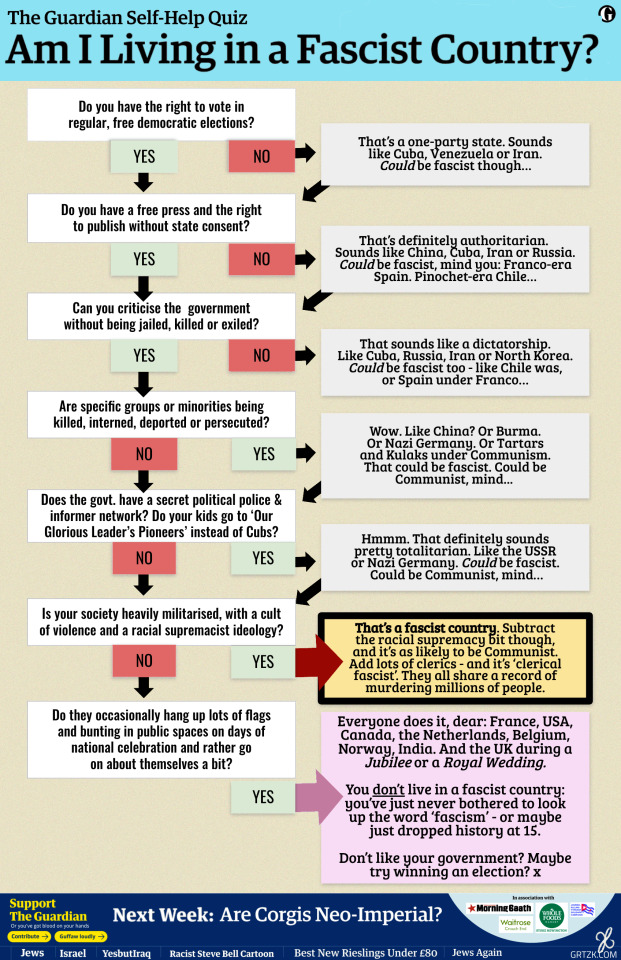
4 notes
·
View notes
Photo
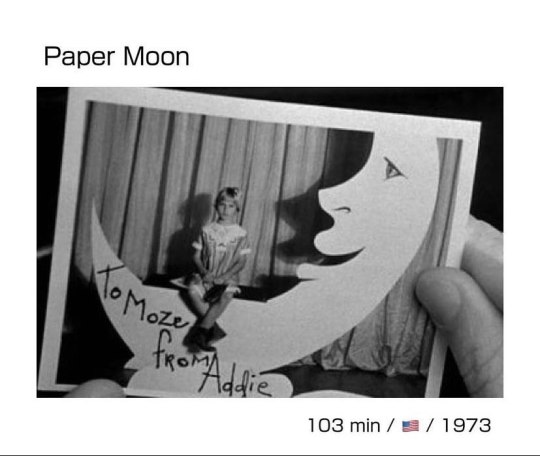
Paper Moon #PeterBogdanovich #70s #Cinema #Movies #Cinephille #TheGuardian #papermoon #RyanONeal #TatumONeal #MadelineKahn #JohnHillerman https://www.instagram.com/p/Ce1uGG0Oydl/?igshid=NGJjMDIxMWI=
#peterbogdanovich#70s#cinema#movies#cinephille#theguardian#papermoon#ryanoneal#tatumoneal#madelinekahn#johnhillerman
2 notes
·
View notes
Link
Sarah Perry will talk about her Victorian-era gothic novel, The Essex Serpent, in the next event in our online Book Club series.
The story begins in London in 1983. Newly widowed Cora Seaborne seeks refuge in the sea air of Aldwinter, a coastal parish gripped by religious fundamentalism. When rumours reach her that the mythical Essex Serpent, once said to claim lives on the marshes, has returned, she becomes enthralled – certain that the magical beast could be a yet-undiscovered species.
This is the era of Darwin and Dickens, and the story sets up a clash between faith and superstition and reason and science. In Perry’s telling, it’s a world not so far from our own – one of great inequality which links morality and poverty. The book was the 2016 British Book Awards’ Book of the Year, and a TV adaptation arrives this May, directed by Clio Barnard and starring Claire Danes as Cora and Tom Hiddleston as vicar William Ransome.
This event is part of our online Book Club series, in which leading writers discuss their best-loved novels and the creative process. And because it’s a book club, there might be spoilers. Perry will be talking to Alison Flood and will be answering your questions too.
Running time: 60 minutes. This event is being streamed globally.
6 notes
·
View notes
Text

📌El Ayuntamiento quiere destruir el huerto cedido a los vecinos que protestaron por las talas de Madrid Río: “Es una venganza”
📌“4.000 ancianos de residencias podían haberse salvado”, The Guardian da visibilidad internacional a la Comisión que señala a Ayuso
📌El Gobierno recurrirá las leyes de PP y Vox contra la memoria
📌Esto es lo que Almeida inyectó a OkDiario, The Objective, El Debate, Javier Negre o Jiménez Losantos en 2023
📌… Y MÁS ….
https://carabanchel.net
#Carabanchel#Madrid#AsociaciónPasilloVerde#HuertoLasVias#JuntadeArganzuela#represalia#talas#venganza#MadridRio#residencias#7291victimas#comisionciudadana#covid19#TheGuardian#AyusoAPrision#AyusoDimision#MemoriaDemocrática#concordia#derechoshumanos#exhumaciones#tribunalconstitucional#publicidadinstitucional#AlmeidaDimisión#AyuntamientodeMadrid#ElDebate#JavierNegre#OkDiario#TheObjective#JiménezLosantos
0 notes
Text
Top UK Newspapers You Should Be Reading in 2024
In this fast-paced digital age, staying informed is more crucial than ever. With a myriad of online newspapers to choose from, it's easy to get overwhelmed. But fear not! We've curated a list of the top UK newspapers you should definitely have on your radar for 2024. Let's dive in:
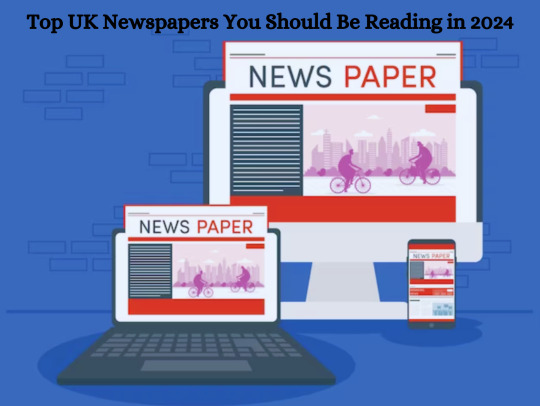
Eastern Eye: A leading source for news, opinions, and analysis focusing on the UK's South Asian community. EasternEye online newspaper covers a wide range of topics including politics, culture, business, and entertainment, providing a unique perspective on current affairs.
The Guardian: Known for its independent journalism and progressive stance, The Guardian covers a wide range of topics from politics to culture with insightful commentary. It has a strong online presence, offering multimedia content including podcasts and videos.
The Times: Providing in-depth coverage of national and international news, The Times is renowned for its rigorous reporting and analysis. It also offers specialized sections on topics such as education, environment, and technology.
The Telegraph: With a reputation for authoritative reporting and balanced analysis, The Telegraph is a go-to source for comprehensive news coverage. It covers politics, business, sports, and lifestyle, catering to a broad audience.
The Independent: As its name suggests, The Independent prides itself on its editorial independence, offering a diverse range of news, opinions, and features. It has a strong focus on investigative journalism and in-depth reporting.
Financial Times: For those interested in business, economics, and finance, the Financial Times is indispensable, providing insightful analysis and market updates. It also offers special reports and data visualizations for a deeper understanding of economic trends.
BBC News: A trusted source for breaking news and in-depth reporting, BBC News offers a wide range of multimedia content, keeping you informed wherever you are. It covers domestic and international news, with dedicated sections for regions and topics.
The Sun: Known for its tabloid style, The Sun is a popular choice for those seeking a mix of news, entertainment, and sports coverage. It has a large online readership and offers a range of lifestyle content alongside its news coverage.
Daily Mail: Offering a blend of news, celebrity gossip, and lifestyle features, the Daily Mail is a widely-read newspaper catering to diverse interests. It covers everything from politics and current affairs to fashion and health.
The Mirror: Providing a combination of news, opinion, and entertainment, The Mirror is a staple for those looking for a quick and engaging read. It covers national and international news, as well as human interest stories and celebrity news.
Metro: A free newspaper distributed in major cities across the UK, Metro offers concise news coverage tailored for busy urbanites on the go. It covers a wide range of topics including news, entertainment, and lifestyle, with a focus on local events and issues.
City A.M.: Targeted at London's business professionals, City A.M. delivers up-to-date financial news and analysis tailored to the city's dynamic environment. It covers markets, companies, and economic trends, providing insights for investors and decision-makers.
Evening Standard: Another London-centric newspaper, the Evening Standard covers local and national news, as well as arts, culture, and lifestyle topics. It has a strong online presence and offers a mix of news, features, and opinion pieces for its readership.
These newspapers offer a diverse array of perspectives and coverage, ensuring that you stay well-informed about the latest developments in the UK and beyond. Whether you're interested in politics, business, culture, or sports, there's something for everyone in these top UK newspapers. Happy reading!
#UKNews#Newspapers#Media#Journalism#EasternEye#TheGuardian#TheTimes#TheTelegraph#TheIndependent#FinancialTimes#BBCNews#TheSun#DailyMail#TheMirror#Metro#CityAM#EveningStandard#CurrentAffairs#StayInformed#DigitalAge#TopPicks#2024ReadingList#MediaCoverage#BreakingNews#OnlineNews#UKPress
0 notes
Text
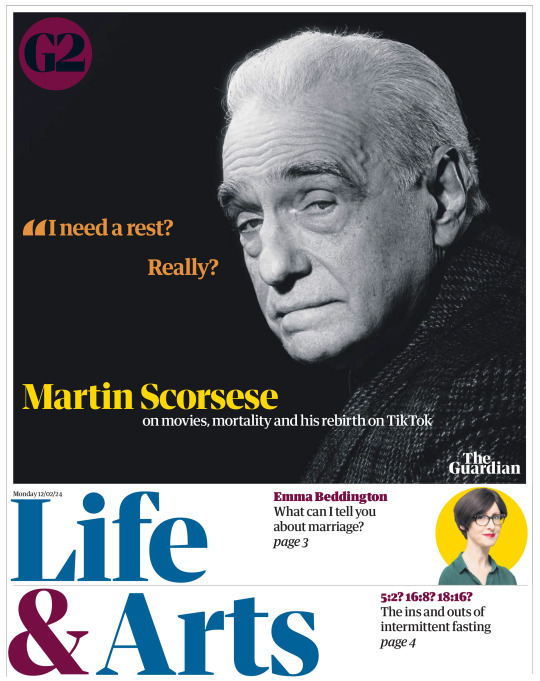
ReduxStock: Photo by Philip Montgomery/The New York Times/Redux of Martin Scorsese in the UK’s The Guardian G2 on February 12, 2024.
0 notes
Text
Here's the first Author vs Character video from my book The Guardian!
some of the artists: @jeleynai@myartsanctuary@[email protected]@charliebowater@ruthduthiie aftersn illuminating102 characteraiart mythicaldesigns mirelaa
0 notes
Quote
Polling has demonstrated a marked decline in all spheres of social life, including close friendships, intimate relationships, trust, labor participation and community involvement. The continuing shift has been called the “friendship recession” or the “social recession” – and, although it will take years before this is clearly established, it was almost certainly worsened by the pandemic.
The decline comes alongside a documented rise in mental illness, diseases of despair and poor health more generally.
The topic has directly or indirectly produced a whole genre of commentary from many different perspectives. Many of them touch on the fact that the internet is not being built with pro-social ends in mind. Increasingly monopolized across a few key entities, online life and its data have become the most sought-after commodity. The everyday person’s attention has thus become the scarcest resource to be extracted. Other perspectives, often on the left, stress economic precarity and the decline of public spaces as causes of our rising anomie.
Some of these same criticisms have been adopted by the new right, who additionally indict the culture at large for undermining traditions of sociality, be it gender norms or the family.
Pundits, politicians, bureaucrats and the like have generally fixated on the social recession’s potential to incubate political extremism. Entire institutes have been set up to study, monitor and surveil the internet’s radicalizing tendencies buoyed by anti-social loneliness. The new buzzword often used in this sphere is “stochastic terrorism” – meaning acts of violence indirectly motivated by messages of hate spread through mass communication – and much of this discussion has focused on the need to contain some unknown, dangerous element taking hold of the dispirited online. The goal here is not to solve a pernicious problem, but instead to pacify its most flagrant outbursts.
We have no clear, comparative basis on which to judge what will emerge from the growing number of people who feel lost, lonely or invisible.
It’s also worth considering a simple metric: screen time, a proxy for time spent not doing community activities in person. Rather than bowling alone, Americans are instead browsing alone – over seven hours daily, on average, with the number rising every year. As of 2021, 31% of Americans claimed to be online “almost constantly”.
From all this data we can sketch a new individual, a growing minority in our society: people who are plugged in, dispirited and often feel invisible. Carl Jung wrote that personal meaning comes “when people feel they are living the symbolic life, that they are actors in the divine drama”. In our increasingly frayed sociality, what often enters instead is nostalgia, exaggerated hatred and the desire to be saved.
https://www.theguardian.com/commentisfree/2023/jan/02/america-social-recession-less-friends-sex-mental-health
4 notes
·
View notes